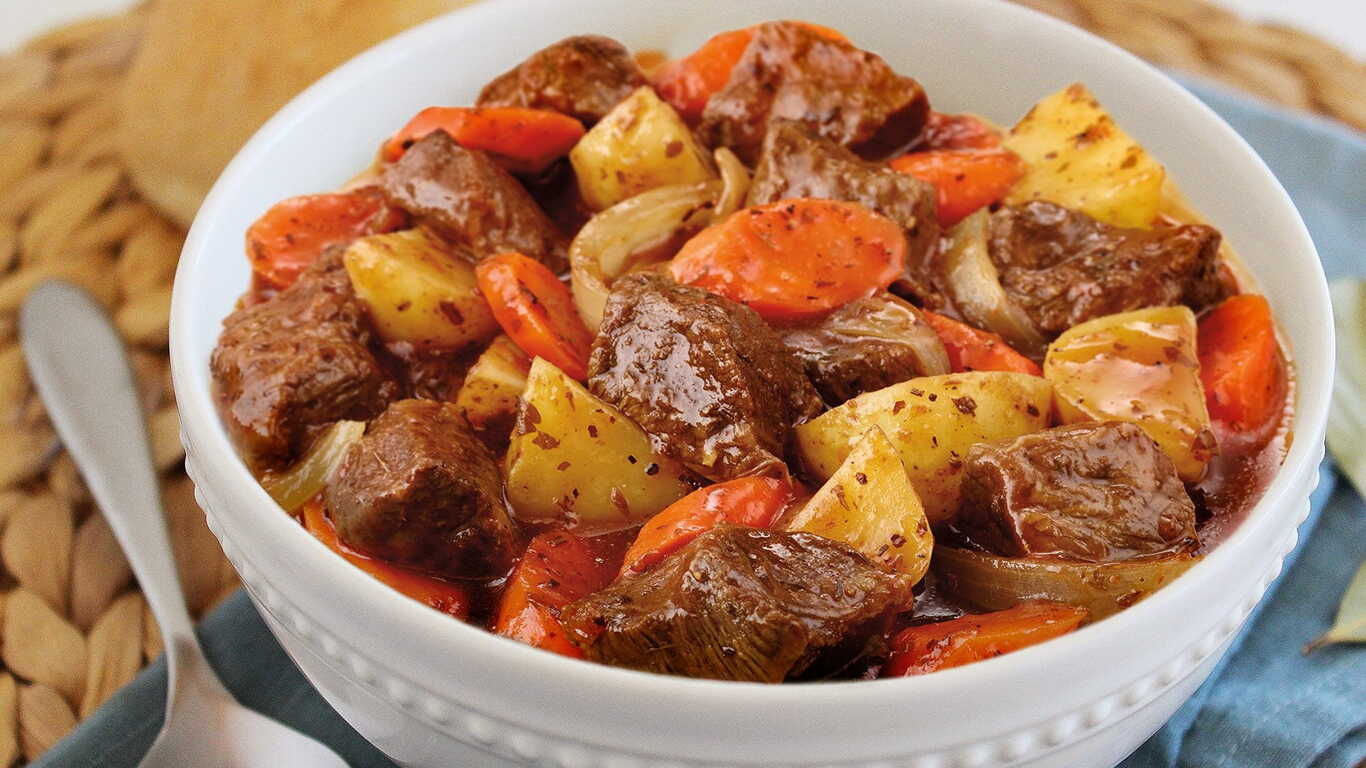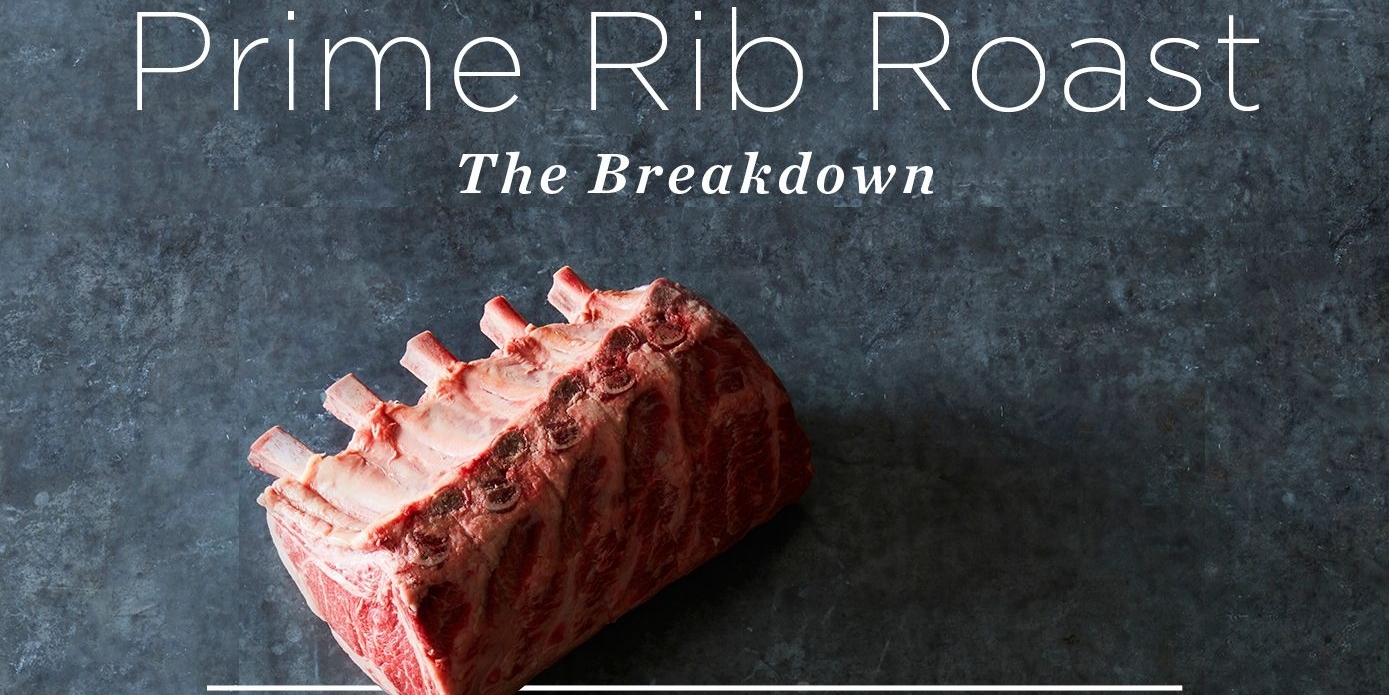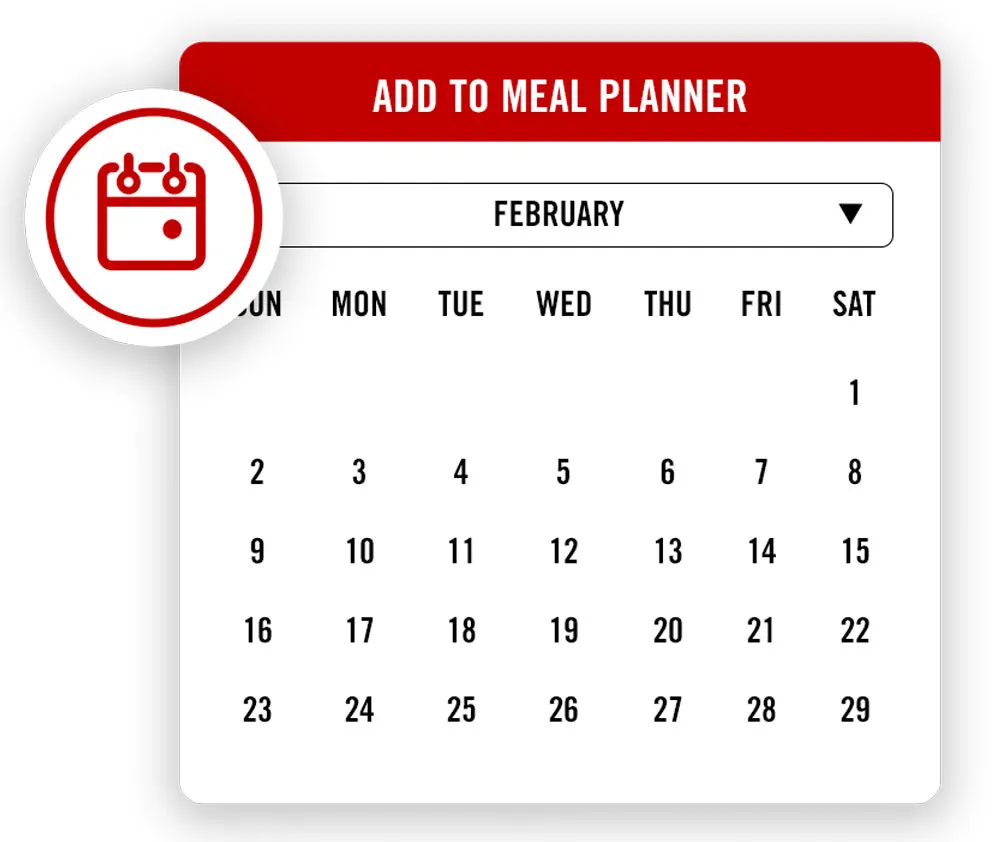The beauty of using a slow cooker or a Crock-Pot is that it's pretty darn simple. Prep your ingredients, add them to the slow cooker and press a button or two.
But there is a difference between a good slow-cooker meal and a great slow-cooker meal. Good ones get dinner on the table. Great ones, however, are remembered, talked about and requested. Here are some tips that can help you turn basic slow-cooker dinners into standout supper stars everyone will enjoy. These tips will also help you know when a slow-cooker recipe is destined to be great-and when you should just keep scrolling.
1. Use the Right Size
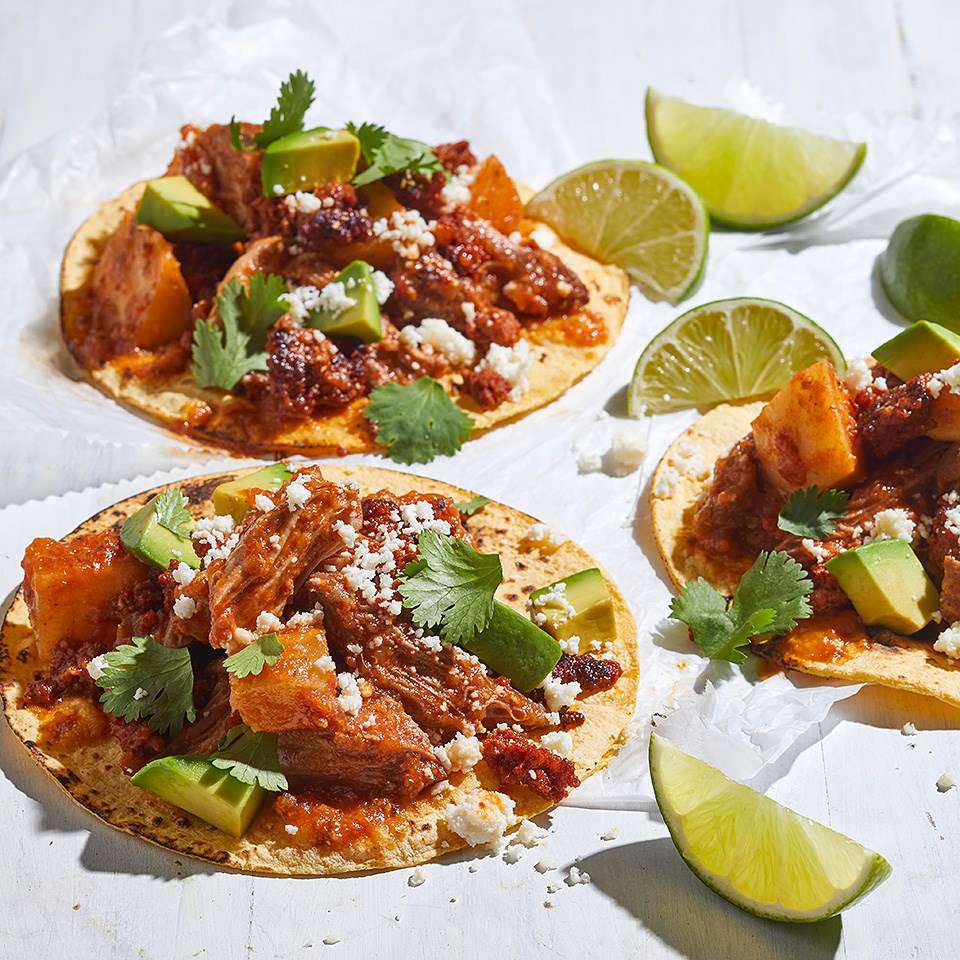
Slow cookers are available in a range of sizes, from one quart to 8 1/2 quarts. Use the size cooker recommended in each recipe. This helps make certain that the slow cooker isn't overflowing or underfilled, and it will help ensure that your meal can cook properly. EatingWell slow-cooker recipes work best in a 5- to 6-quart slow cooker.
2. Don't Overfill Your Slow Cooker
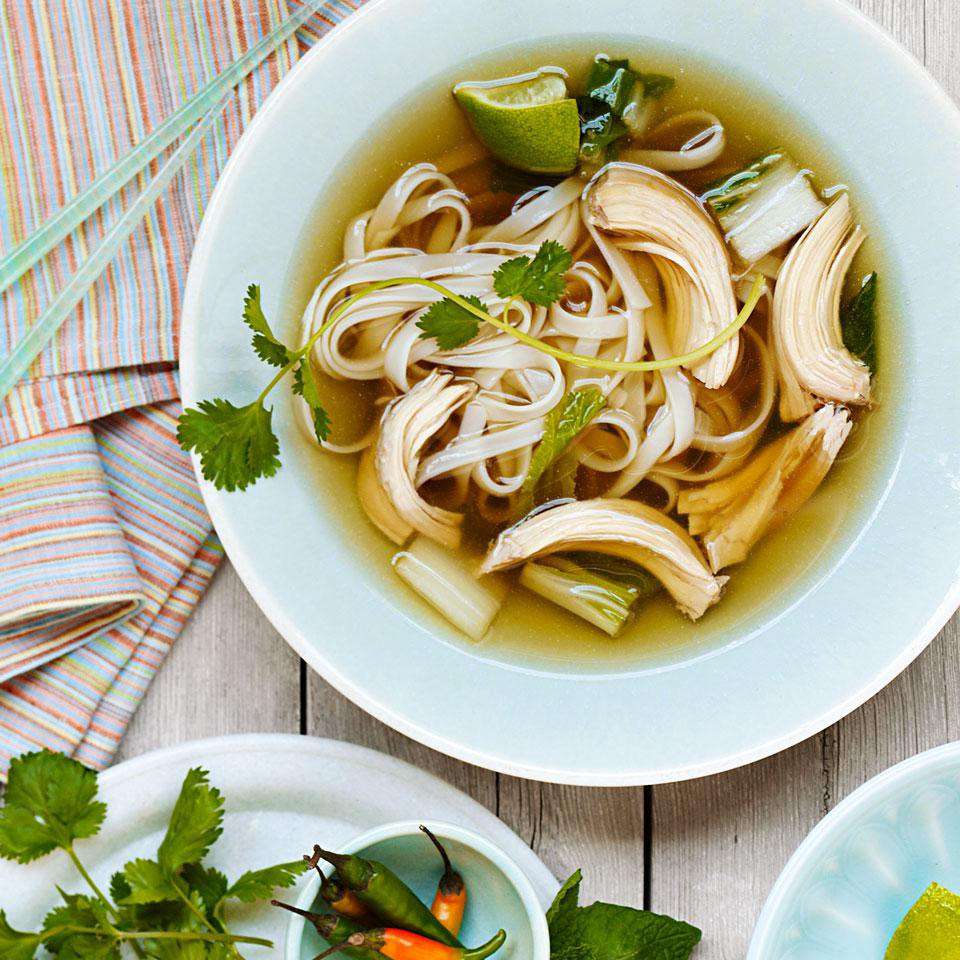
To make sure your meal is finished in the time listed on your recipe, and to avoid potential food-safety hazards, don't overfill your slow cooker. Most manufacturers recommend filling the crocks inside a slow cooker no more than two-thirds full, but it differs among brands. Check your owner's manual.
If your ingredients will fill your slow cooker, look for a bigger cooker. Don't try to eliminate ingredients or cut the recipe in half. Slow-cooker recipes are tested and designed to deliver the best results in the time you cook the dish. If you remove ingredients or shrink the recipe, you should overcook your meal or alter the flavor.
3. Keep a Lid on It
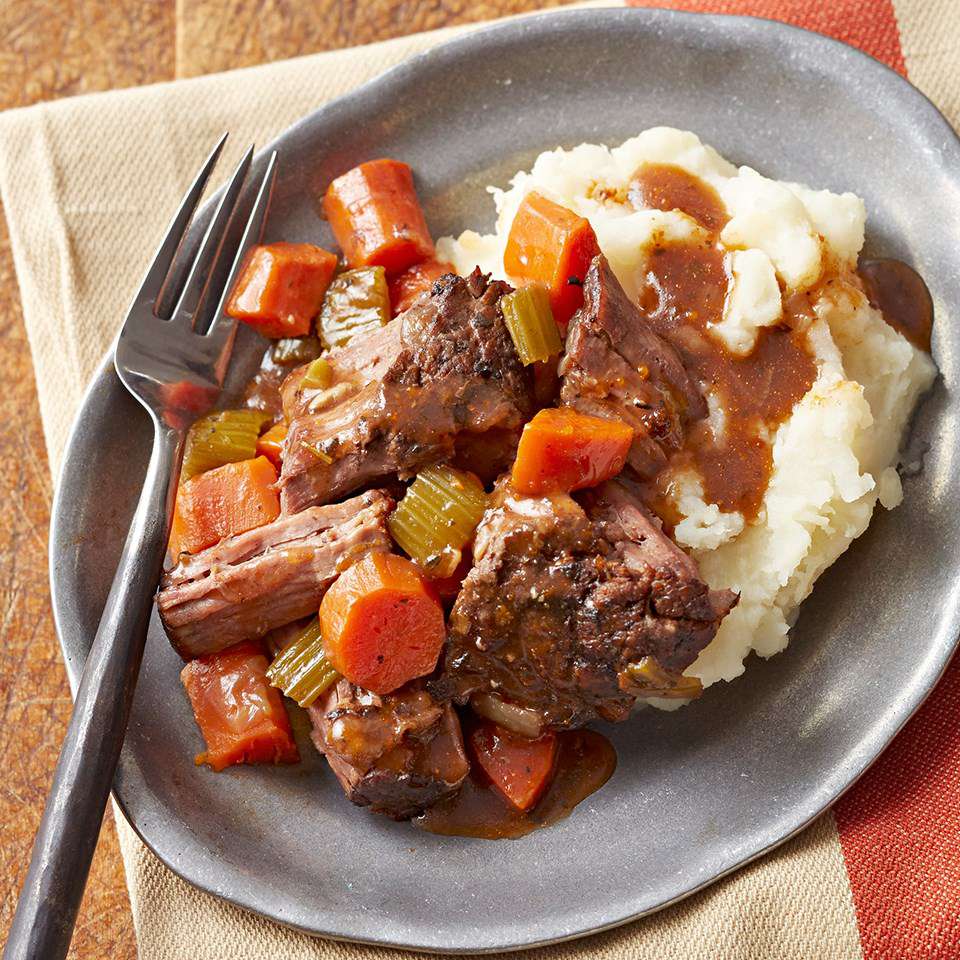
Resist the urge to remove the lid and peek at your meal. Opening the slow cooker lets heat and moisture escape, and it slows the cooking process. Once you put the lid on, leave it there until your dish reaches the low end of the recipe's cooking range. In other words, if the instructions recommend cooking the recipe for six to eight hours, don't be tempted to remove the lid until you reach hour six. When you reach that point, feel free to lift the led, test temperatures and tenderness. Put the lid back on if it needs more time, and only remove the lid every 30 to 45 to check doneness again. Constant lifting and stirring may slow your cook time and interfere with how ingredients cook.
4. Plan Your Meals Ahead
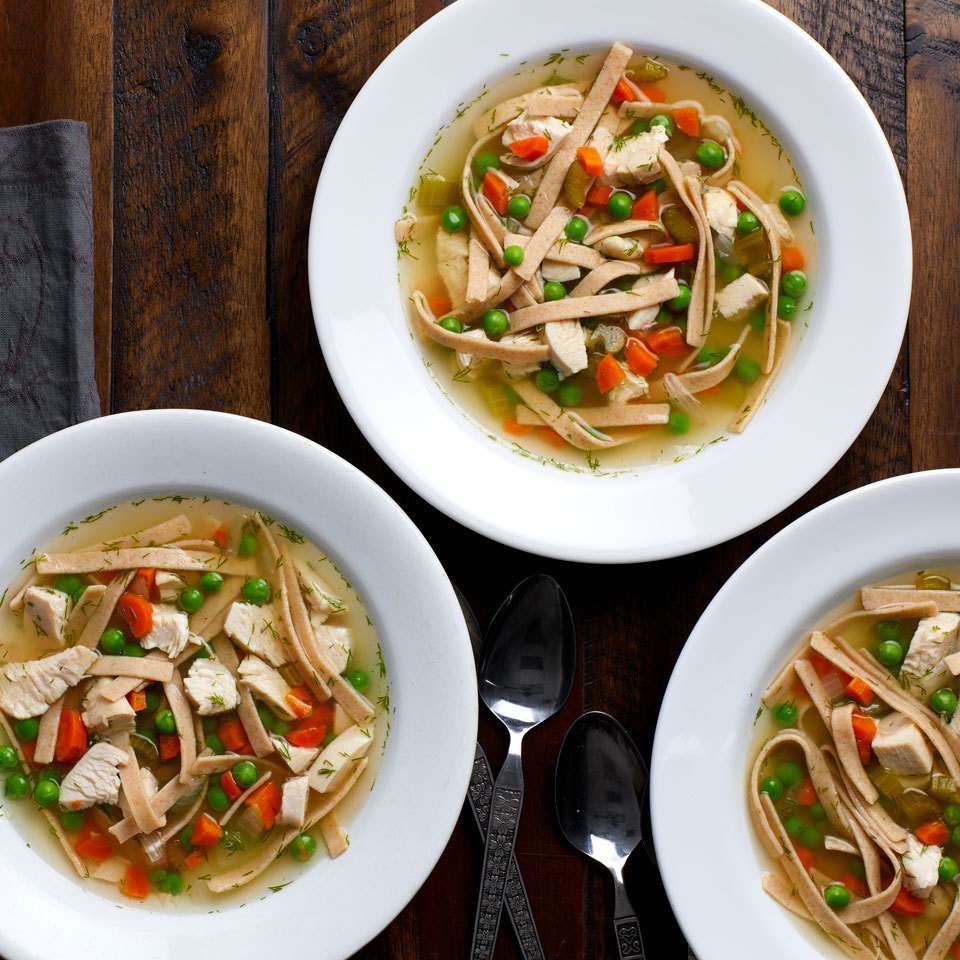
If you want to turn your slow cooker on first thing in the morning, a little planning goes a long way.
- The night before: Cut and trim any meat, chop any vegetables, measure out dry ingredients and prepare any sauce; refrigerate the components in separate containers. (Do not refrigerate components in the slow-cooker insert; a cold insert takes too long to heat up and affects cooking time and food safety.)
- In the morning: Add ingredients to the cooker according to the recipe; reheat any sauce to a simmer before adding. If you won't be home close to the end of the cooking time, make sure you have a slow cooker that can switch to a warming setting once cooking is complete.
5. Maximize Flavor
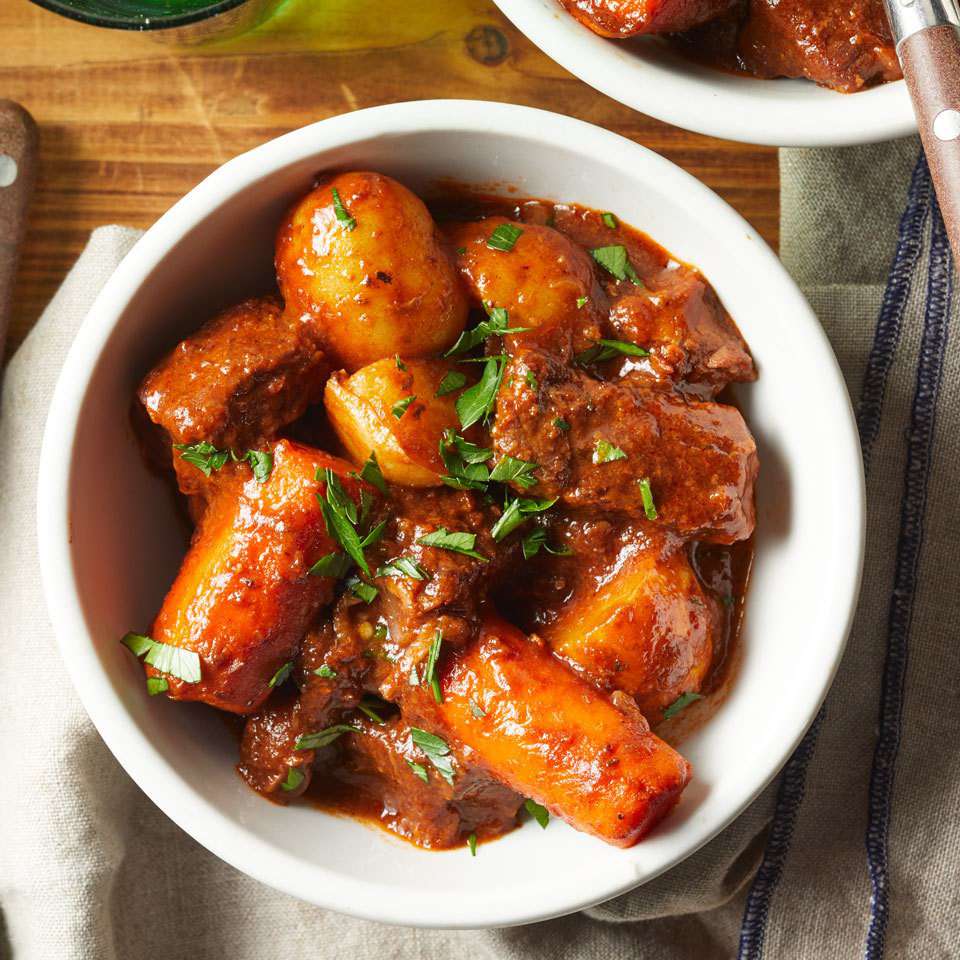
If you're in a hurry or really prefer to just dump your ingredients in the cooker and go, then you can skip this tip-it's by no means necessary. But when I have a little extra time, I like to brown my meat and/or vegetables in a skillet before I add them to the cooker. Then I "deglaze" the pan with my liquid to get all the brown, caramelized bits from the sauté pan into the cooker. You'll end up with a richer flavor that can't be achieved by slow-cooking alone.
6. Keep Temperature in Mind
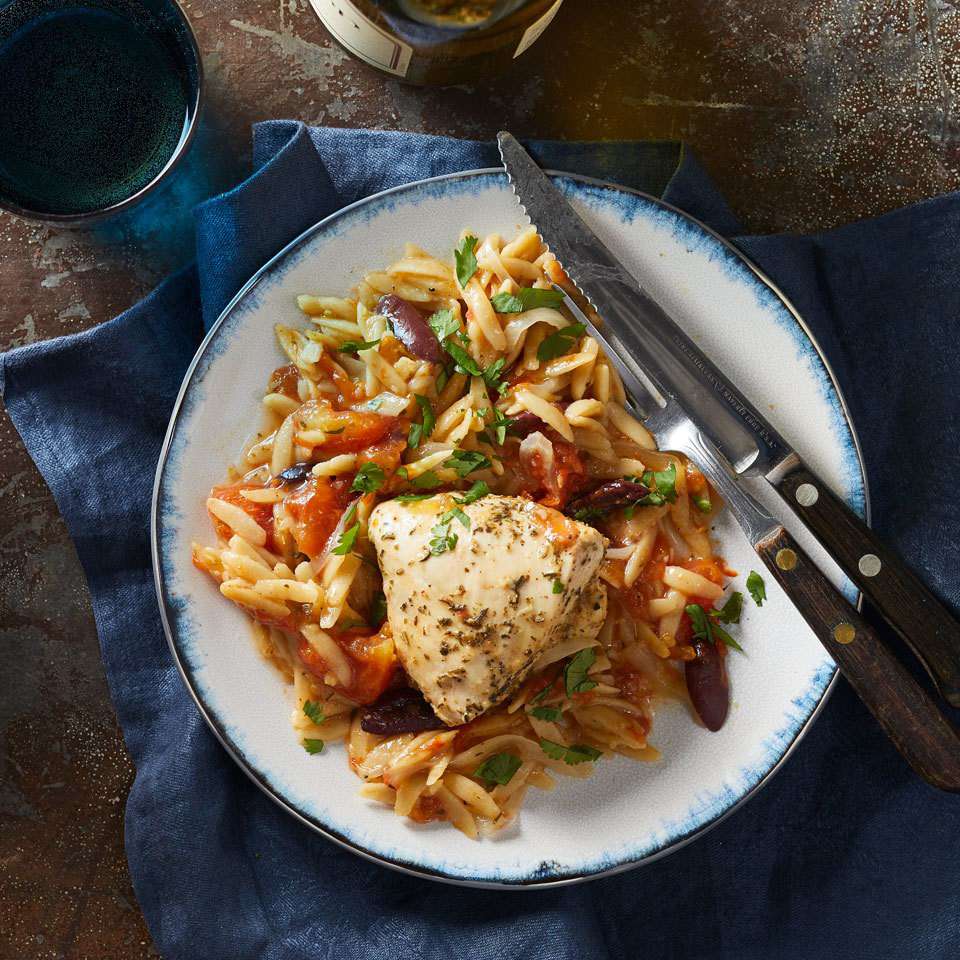
A slow cooker is certainly convenient, but if not used correctly, you could create several food-safety hazards. Temperatures between 40° and 140°F fall into the so-called "Danger Zone," where bacteria thrive.
When using a slow cooker, be sure to take precautions that keep food from being in the Danger Zone for too long. These steps include:
- Never add frozen ingredients to your slow cooker.
- Refrigerate any ingredients you've prepped ahead in separate storage containers.
- Bring liquids to a simmer before adding them to your cooker if you're cooking your dish in the slow cooker on the low setting. This give the ingredients and the heating process a jump-start.
- Never attempt to cook a whole chicken or roast in your slow cooker: large hunks of meat won't cook thoroughly enough in the slow cooker. When cooking with meat, make sure it's cut into smaller pieces that will cook thoroughly.
Read More: 4 Secrets for the Best Slow-Cooker Beef Stew
7. Make Sure You Have the Best Slow Cooker
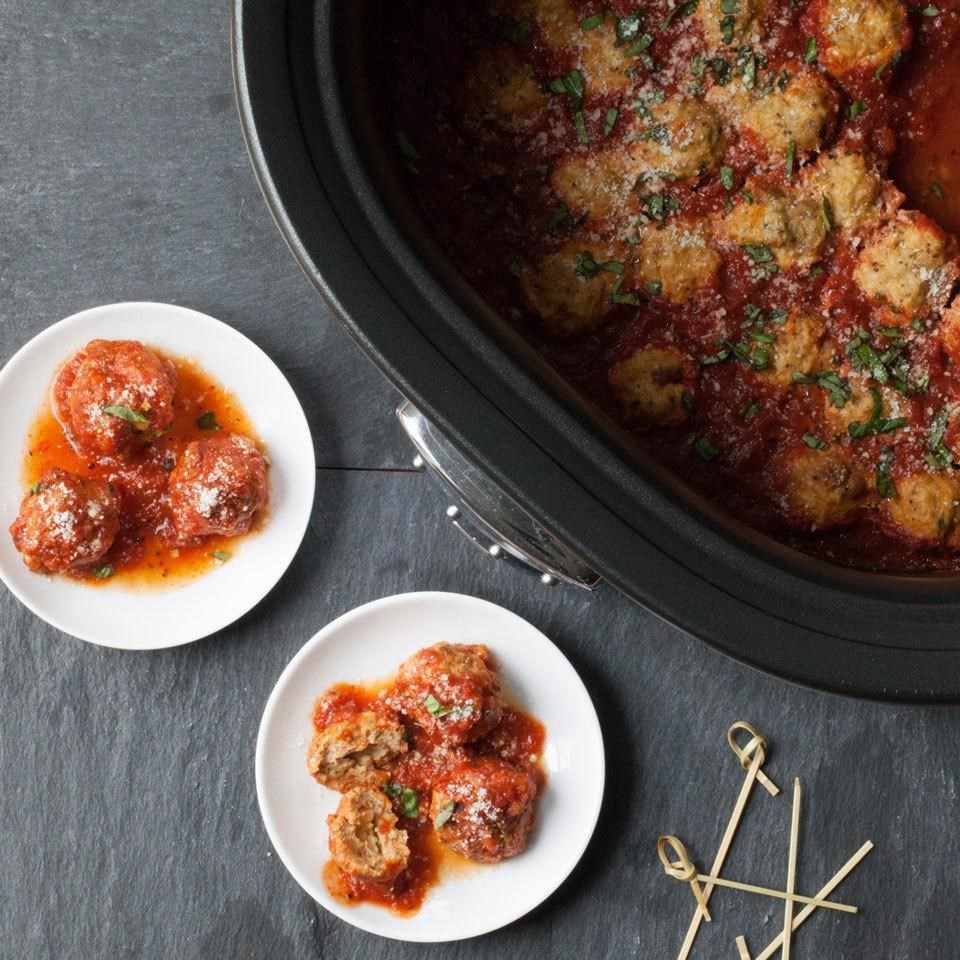
You may have a 20-year-old slow cooker that still works great, but it's probably a basic cooker for which you need to time your cooking manually and be present to turn off. Older slow cookers are great when you'll be home, such as during the holidays, but on busy weeks, you need a machine that makes your life easier.
A programmable slow cooker cooks your meal for a predetermined time and then switches to a setting that keeps the food at a safe temperature until you're ready to eat. Our favorite is the Crock-Pot 5.5-Quart Smart-Pot. You can pick one up for around $40. This cooker's digital touchpad allows the user to control the heat settings and time the cooking in increments of between 30 minutes and 20 hours.
This article was written by Hilary Meyer from EatingWell and was legally licensed through the Industry Dive publisher network. Please direct all licensing questions to legal@industrydive.com.


